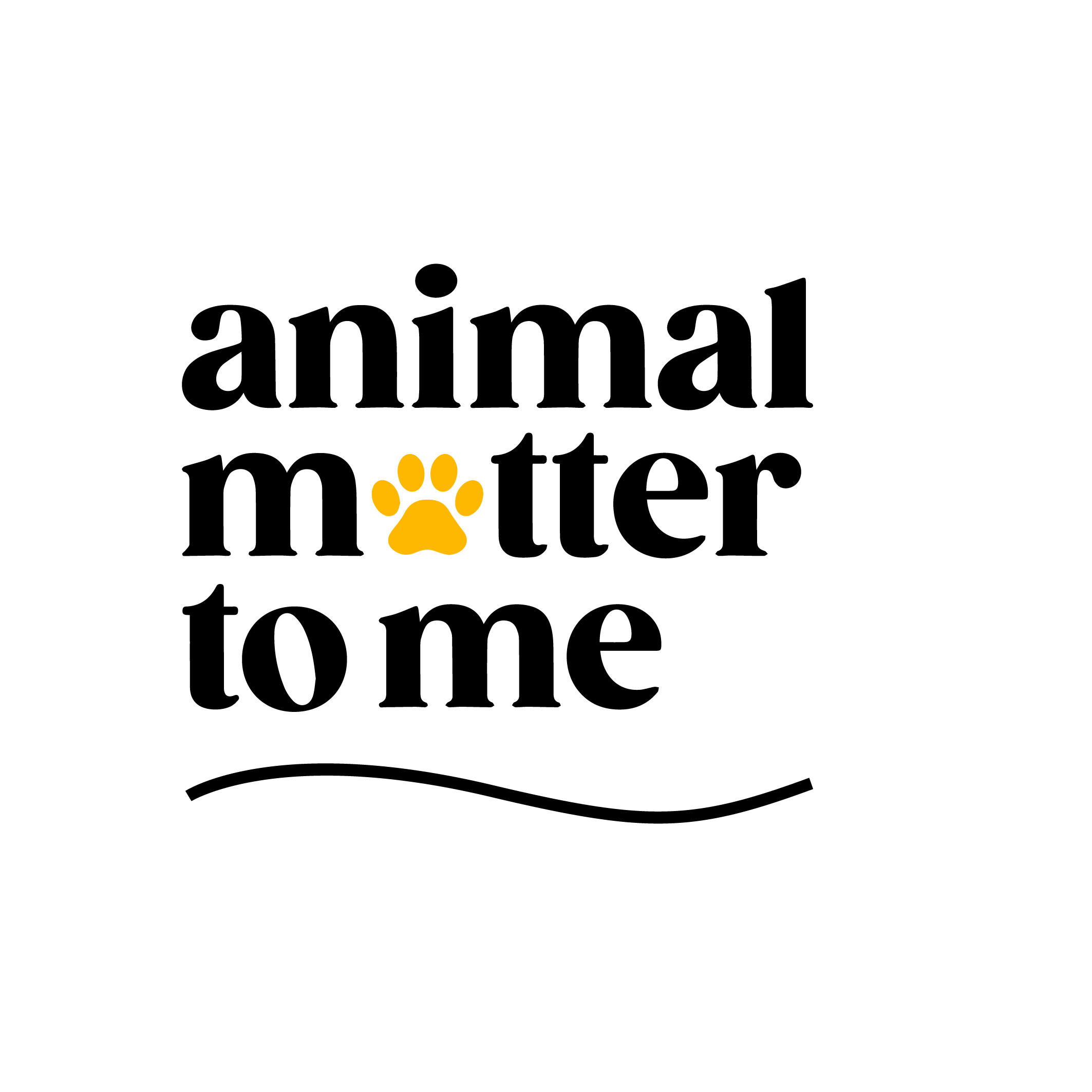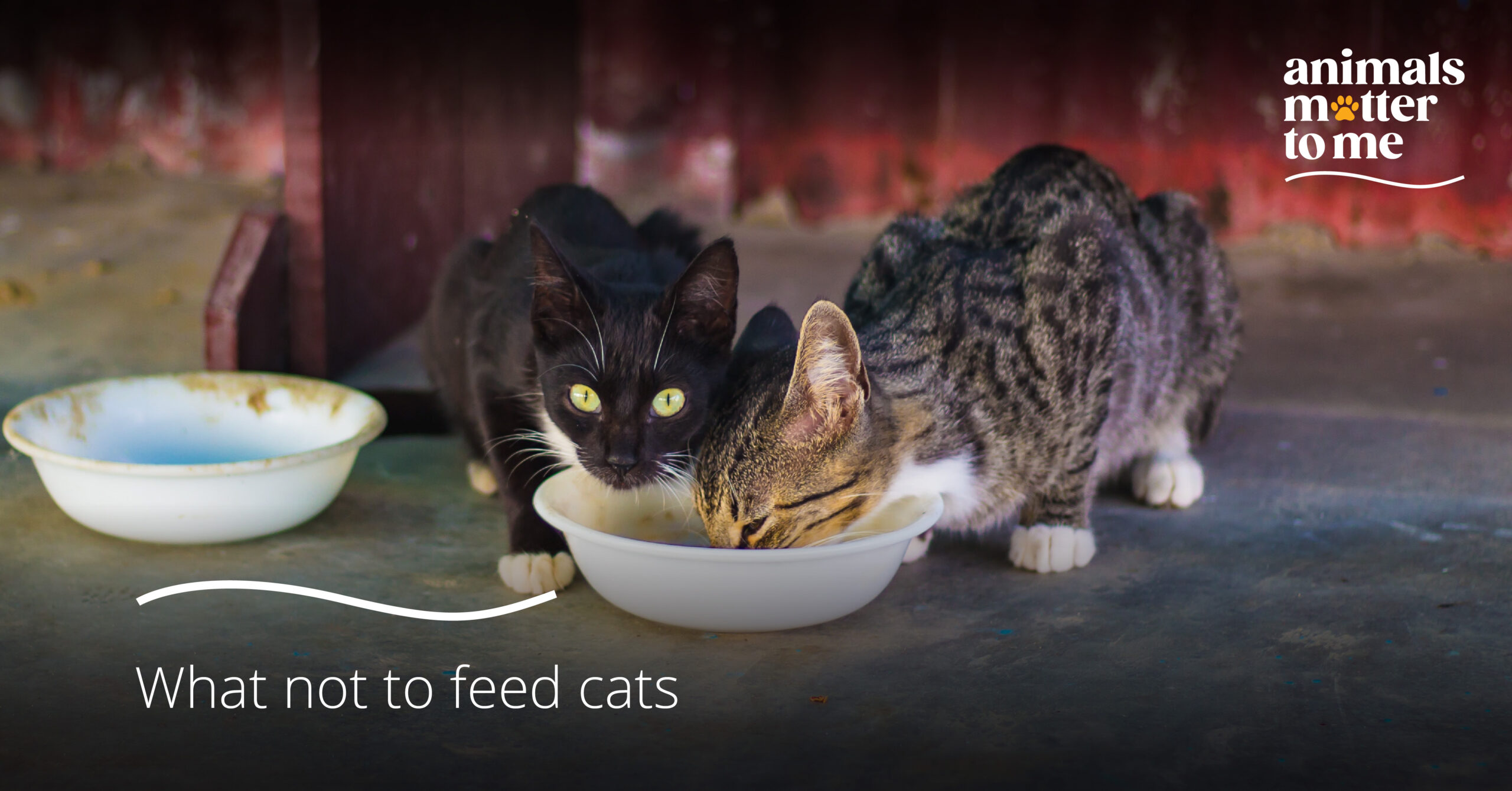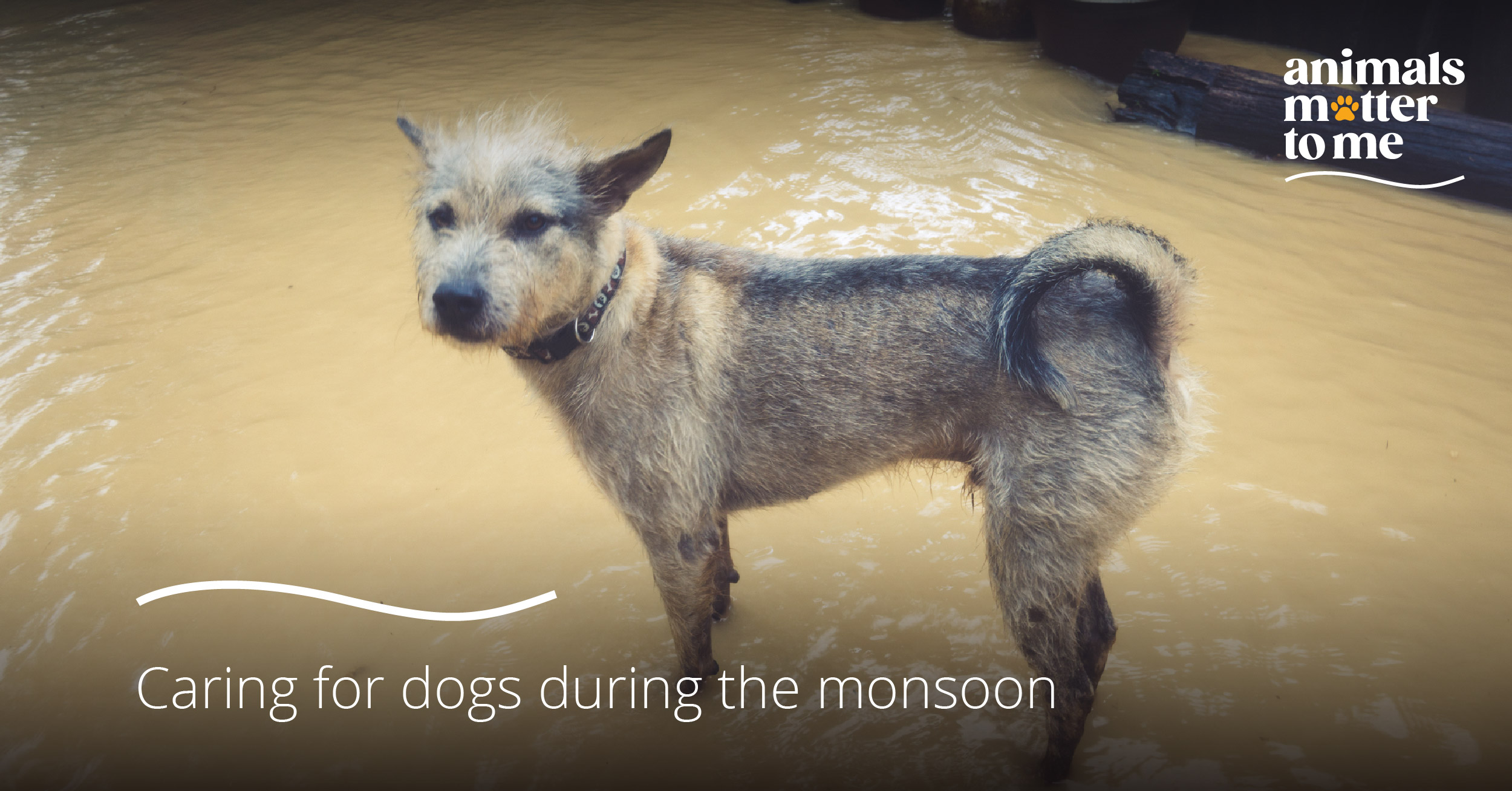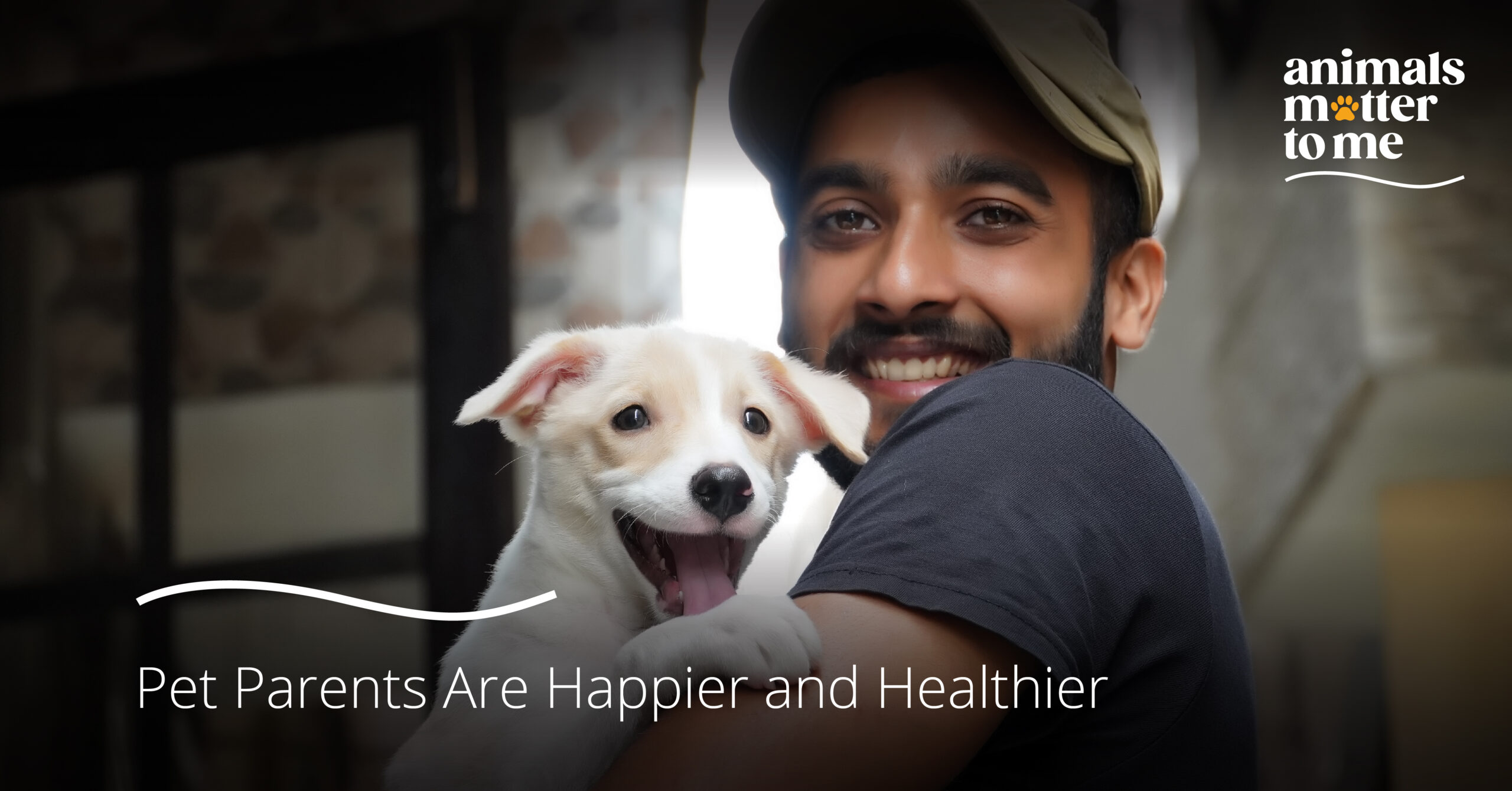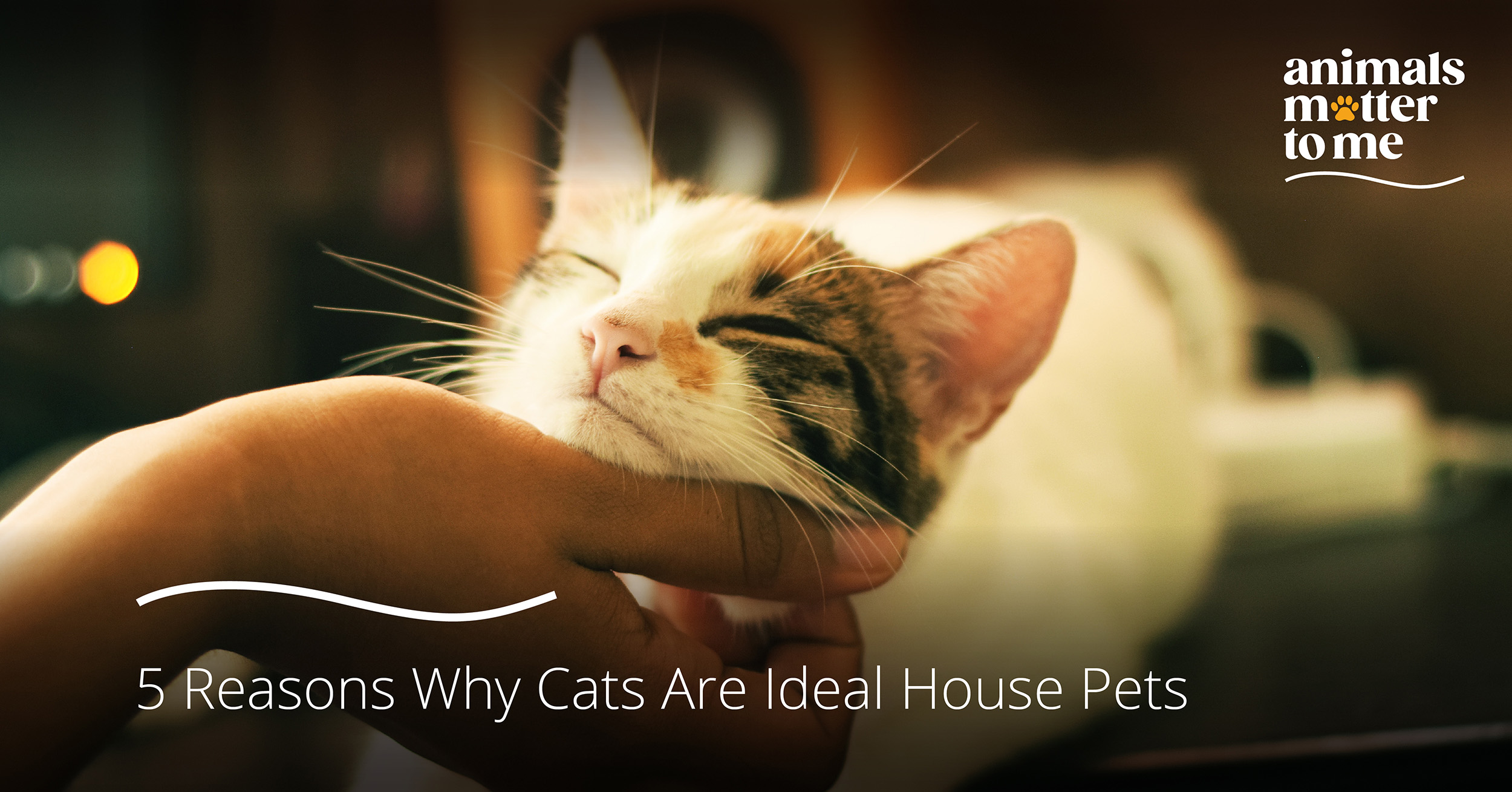It’s understandable wanting to share a snack with your cat but before you do, it’s important to know what foods are unsafe for them. Some of the common foods that we believe are cats’ favourite may get them severely sick or in the worst scenario, result in their death.
Here’s a list of food that can cause distress or be toxic for our feline friends.
1. Milk and dairy products
Many of us grew up with the image of cats loving milk due to cartoons and comics. But in reality, cats and dairy products might not mix. Cats may have trouble digesting the lactose present in milk, meaning that packed or cow’s milk and other dairy products made from it can upset their stomachs, causing vomiting and diarrhoea. This is because most cats are only exposed to lactose from their mother’s milk when they are kittens. Since kittens only drink their mother’s milk for a few weeks, their digestive systems are often not equipped to handle a reintroduction to lactose.
2. Raw meat, raw eggs or raw bones
Consumption of raw eggs or raw meat can lead to food poisoning in cats, sometimes proving to be lethal. Symptoms of the illness vary but can include vomiting, diarrhoea, and lethargy. Raw eggs also contain an enzyme called avidin that can lead to skin and coat problems in cats. Raw bones could injure the digestive tract or damage their teeth. Cooking meat changes its structural composition rendering them not only harmless but nutritional for cats.
3. Onion, garlic, potatoes, and other related root vegetables
Onions and garlic can lead to anaemia in cats. Whether raw, cooked, powdered, garlic and onions can damage a cat’s red blood cells, and can also cause nausea, abdominal pain, vomiting and diarrhoea. Exposure to concentrated forms of onion or garlic such as onion soup mix or garlic powder can be toxic. Green potatoes (cooked or raw) can lead to cardiac issues, hallucinations and paralysis in cats.
4. Chocolate and caffeinated drinks
Chocolate and caffeinated drinks both contain substances called methylxanthines. Any type of chocolate from dark to milk and any level of caffeine should be avoided for cats. Chocolate and caffeine can cause vomiting and diarrhoea, high body temperature, muscle tremors, abnormal heart rhythm, abdominal discomfort, increased thirst, and seizures.
5. Grapes and raisins
Grapes and raisins can cause a cat to become ill leading to rapid kidney failure and eventual death. Repeated vomiting and hyperactivity are early signs. Other symptoms include lethargy, diarrhoea, reduced appetite, abdominal pain, decreased urination and abdominal pain.
6. Alcohol
Alcoholic beverages and foods that contain alcohol can be dangerous for cats. Ingestion can cause vomiting, diarrhoea, tremors, disorientation, trouble breathing, coma, and even death.
7. Dog Food
Though dog food is not toxic to cats, they need a very different set of nutrients compared to a dog. Feeding cats with dog food can lead to nutritional deficiencies in cats, making them weak and vulnerable to sickness. They may have vision and dental issues and even develop heart disease.
The most common signs of toxicity in cats are:
- Breathing problems
- Confusion
- Coughing
- Diarrhoea
- Dilated pupils
- Drinking and urinating more than usual
- Seizures
- Shivering
- Skin irritation
- Tremors
- Vomiting
- Weakness
Watch out for these symptoms. If you suspect a cat has ingested something toxic, keep a close eye on it to observe any non-typical behaviour or signs of stress. Contact a vet immediately if its condition seems to be deteriorating. You can bring a ailing cat to the AMTM clinic in case of any emergencies.
